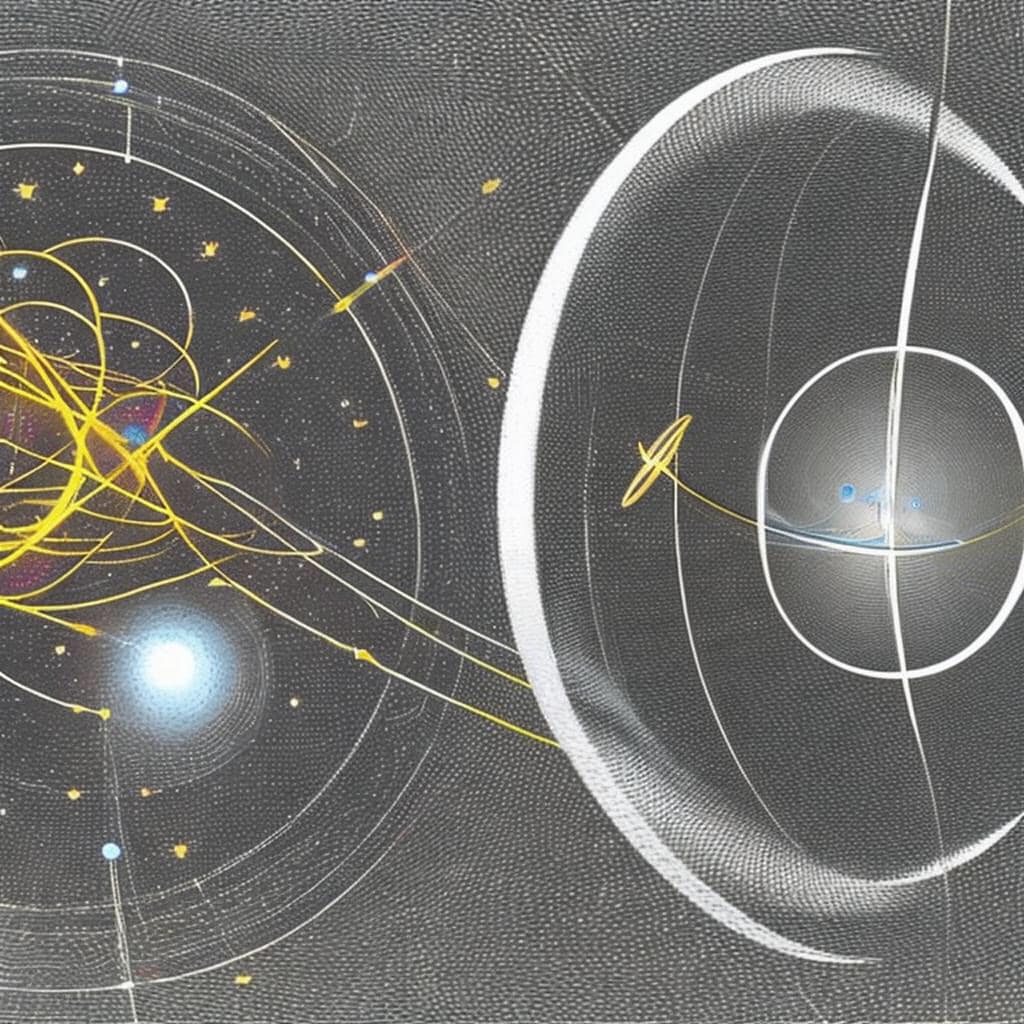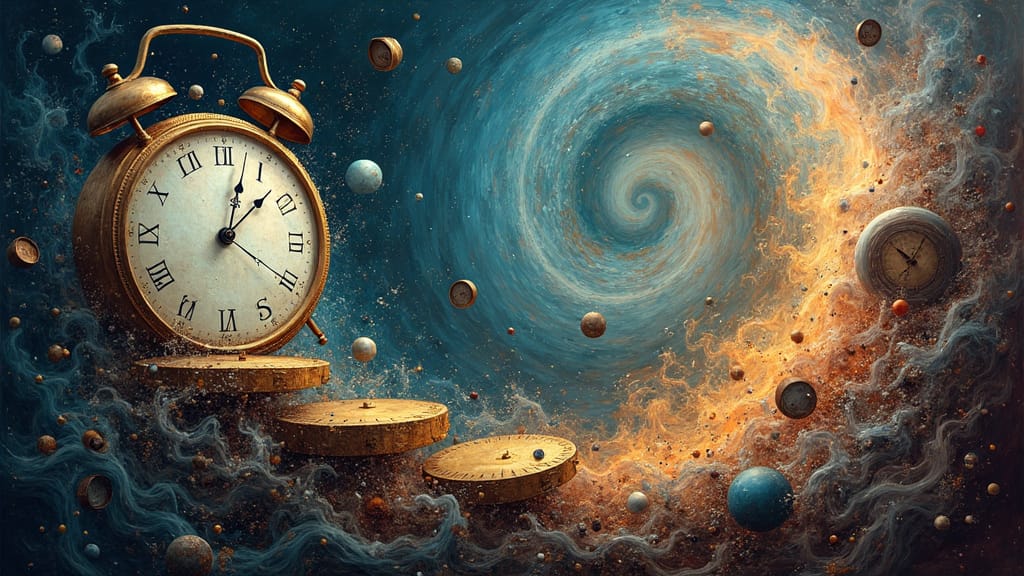Quantum mechanics and classical physics, the challenges of reconciling the two theories
Quantum mechanics and classical physics are two fundamental theories of physics that describe the behavior of the physical world at different scales. Classical physics describes the behavior of macroscopic objects, such as planets, cars, and people, while quantum mechanics describes the behavior of microscopic objects, such as atoms, electrons, and photons.
While both theories are highly successful in their respective domains, the relationship between quantum mechanics and classical physics is complex and still not fully understood. The two theories are often incompatible, and reconciling them is an active area of research.
One of the main challenges in reconciling quantum mechanics and classical physics is the concept of determinism. Classical physics is a deterministic theory, meaning that if the initial conditions of a system are known, then the future behavior of the system can be predicted with complete accuracy. However, quantum mechanics is a probabilistic theory, meaning that it can only predict the probability of a certain outcome, not the outcome itself.
This fundamental difference between the two theories has led to much debate and discussion among physicists and philosophers. Some argue that quantum mechanics represents a fundamental break with classical physics and that the two theories cannot be reconciled. Others argue that quantum mechanics can be understood as a more general theory that includes classical physics as a limiting case.
One approach to reconciling quantum mechanics and classical physics is through the concept of decoherence. Decoherence is the process by which a quantum system interacts with its environment, causing it to lose its quantum coherence and behave more like a classical system.
According to this approach, quantum mechanics and classical physics are not fundamentally incompatible, but rather represent different aspects of the same physical reality. At the quantum level, particles can exist in multiple states simultaneously, but as they interact with their environment, they become entangled with it, causing them to lose their quantum coherence and behave more like classical objects.
While the concept of decoherence has helped to bridge the gap between quantum mechanics and classical physics, it is still an area of active research and debate. Some physicists and philosophers argue that decoherence does not fully explain the relationship between the two theories, and that a more comprehensive approach is needed.
Another challenge in reconciling quantum mechanics and classical physics is the concept of measurement. In quantum mechanics, the act of measurement can influence the behavior of particles, causing them to collapse into a definite state. However, in classical physics, the act of measurement does not have this effect.
This fundamental difference between the two theories has led to much discussion and debate about the nature of reality and the role of consciousness in physics. Some researchers have proposed that consciousness may play a fundamental role in quantum mechanics, while others argue that such an idea is not testable and falls outside the realm of scientific inquiry.
Despite these challenges, there have been some promising developments in reconciling quantum mechanics and classical physics. One example is the field of quantum computing, which utilizes the principles of quantum mechanics to perform calculations that are not possible with classical computers.
The relationship between quantum mechanics and classical physics is complex and still not fully understood. While the two theories are highly successful in their respective domains, reconciling them is an active area of research and debate. While the concept of decoherence has helped to bridge the gap between the two theories, there are still fundamental differences in the way they describe the behavior of the physical world. However, with ongoing research and new developments in technology, it is possible that we will one day be able to fully reconcile quantum mechanics and classical physics.

Text with help of openAI’s ChatGPT Laguage Models & Fleeky – Images with help of Picsart & MIB
Thank you for questions, shares and comments!
Share your thoughts or questions in the comments below!






